An overview of selected new books in Szilárd Library, with a word from their authors, reviewers and publishers.
By Dayna Bowen Matthew
In this book, Dayna Bowen Matthew unites medical, neuroscience, psychology, and sociology research on implicit bias and health disparities with her own expertise in civil rights and constitutional law. In a time when the health of the entire nation is at risk, it is essential to confront the issues keeping the health care system from providing equal treatment to all.
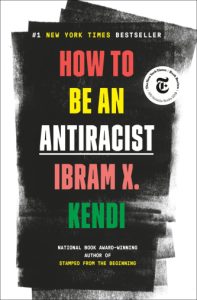
By Ibram X. Kendi
In How to Be an Antiracist, Kendi takes readers through a widening circle of antiracist ideas—from the most basic concepts to visionary possibilities—that will help readers see all forms of racism clearly, understand their poisonous consequences, and work to oppose them in our systems and in ourselves.
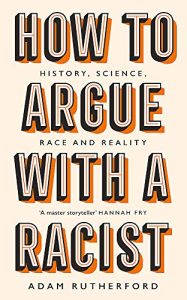
By Adam Rutherford
How to argue with a racist is a vital manifesto for a twenty-first century understanding of human evolution and variation, and a timely weapon against the misuse of science to justify bigotry.
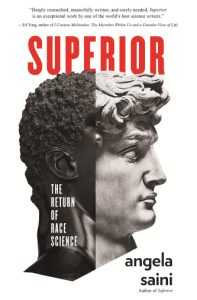
By Angela Saini
Superior tells the disturbing story of the persistent thread of belief in biological racial differences in the world of science. Superior is a rigorous, much-needed examination of the insidious and destructive nature of race science—and a powerful reminder that, biologically, we are all far more alike than different.
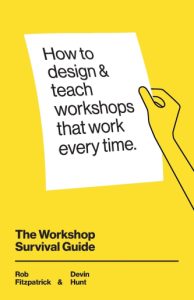
By Rob Fitzpatrick and Devin Hunt
Designing and running a brilliant workshop is easier than you think. The first half of the book covers everything you’ll need to know about designing and refining the session itself. The second half of the book shifts from ahead-of-time design to day-of facilitation.
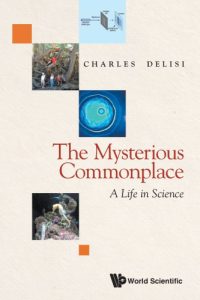
By Charles DeLisi
Acclaimed biomedical scientist Charles DeLisi tells the story of the rewards and frustrations of a life in science. The reader is taken inside the mind of a complex non-conformist as he struggles with personal tragedy and ambivalence and moves from physics to history back to physics, and eventually into a career as a biomedical scientist.
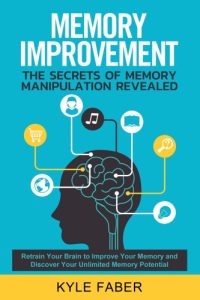
By Kyle Faber
What if I told you that after reading this book you will be able to remember more, recall your memories faster, make better decisions, and even achieve your goals? This book gives you a set of insights so that you can identify the areas that you can improve on and it gives you the tools and the rational on how to improve them. It is a holistic view and path to improving your memory, not just parlor tricks and children’s games.
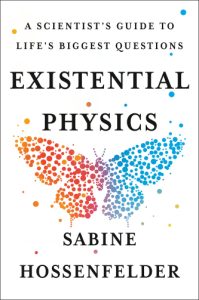
By Sabine Hossenfelder
From renowned physicist, a book that takes a no-nonsense approach to life’s biggest questions, and wrestles with what physics really says about the human condition. In this lively, thought-provoking book, Hossenfelder takes on the biggest questions in physics: Does the past still exist? Do particles think? Was the universe made for us? Has physics ruled out free will? Will we ever have a theory of everything?
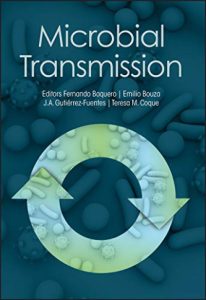
Edited by Fernando Baquero, Emilio Bouza, J.A Gutierrez-Fuentes, Teresa M. Coque.
This collection of reviews, edited by an international team of experts studying and working across a range of disciplines, explores transmission not just as an idea in disease but as a fundamental biological process that acts in all domains of nature and exerts its force on disparate size scales, from the micro to the macro, and across units of time as divergent as a single bacterial replication cycle and the entire course of evolution. Anyone studying or working in microbial colonization, evolution, pathogenicity, antimicrobial resistance, or public health will benefit from a deeper understanding of Microbial Transmission.
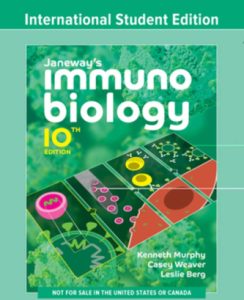
By Kenneth Murphy, Casey Weaver, Leslie Berg
Immunobiology is the premier text for immunology at the advanced undergraduate, graduate and medical school levels. Beginning students appreciate the book’s clear writing and informative illustrations, while advanced students and working immunologists value its comprehensive scope.
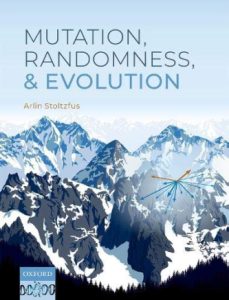
By Arlin Stoltzfus
What does it mean to say that mutation is random? How does mutation influence evolution? Are mutations merely the raw material for selection to shape adaptations? The author draws on a detailed knowledge of mutational mechanisms to argue that the randomness doctrine is best understood, not as a fact-based conclusion, but as the premise of a neo-Darwinian research program focused on selection. This thought-provoking book cuts through the conceptual tangle at the intersection of mutation, randomness, and evolution, offering a fresh, far-reaching, and testable view of the role of variation as a dispositional evolutionary factor.
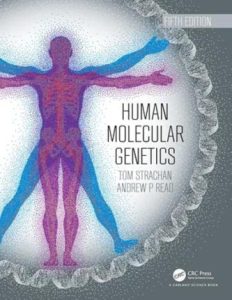
By Tom Strachan, Andrew P. Read
Human Molecular Genetics has been carefully crafted over successive editions to provide an authoritative introduction to the molecular aspects of human genetics, genomics and cell biology.
Maintaining the features that have made previous editions so popular, this fifth edition has been completely updated in line with the latest developments in the field. Older technologies such as cloning and hybridization have been merged and summarized, coverage of newer DNA sequencing technologies has been expanded, and powerful new gene editing and single-cell genomics technologies have been added.










